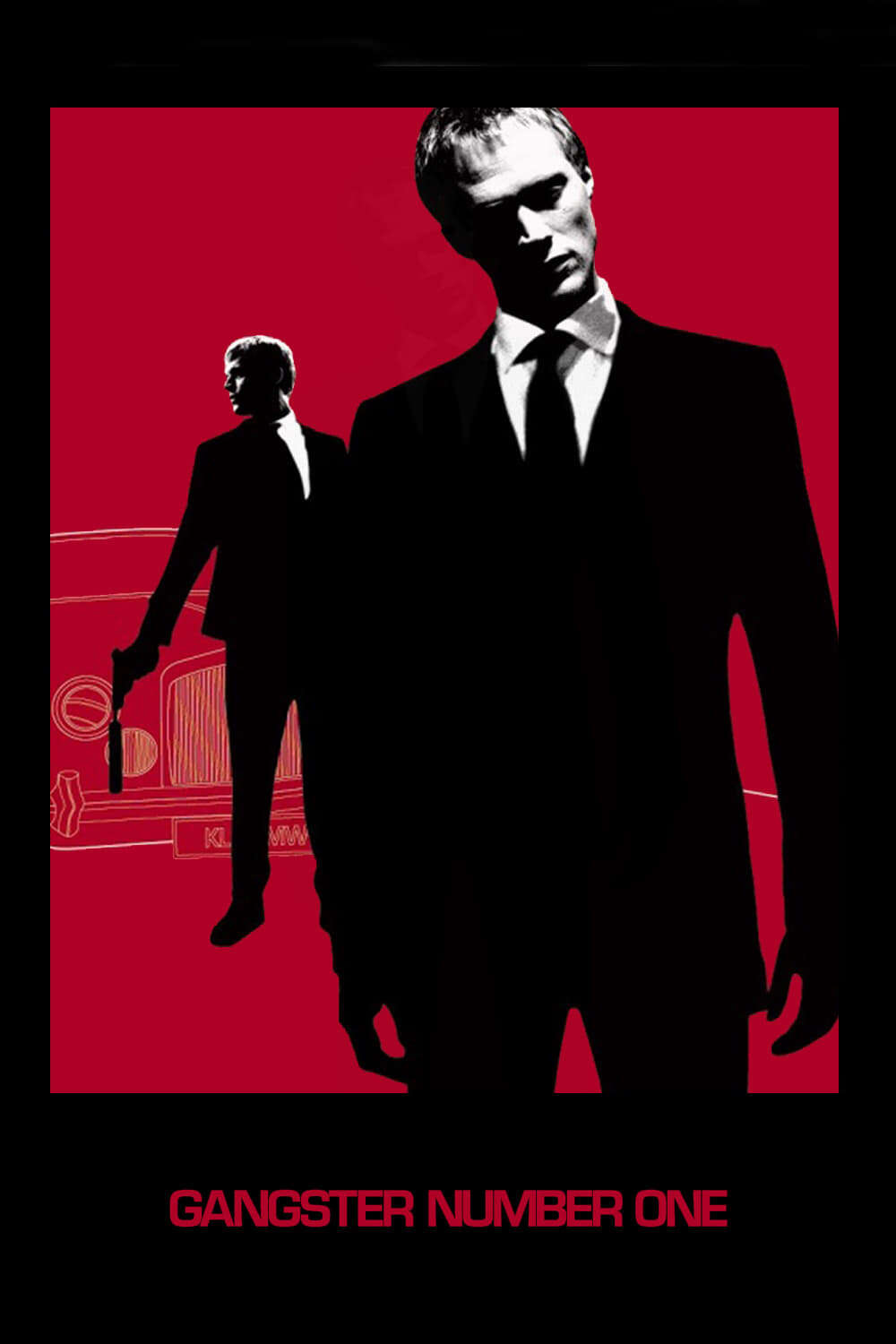 Letterboxd
Letterboxd
I really enjoyed the first 3/4 of this film. I have a core memory of being 13 or so and reading a book called "The Hollow Man" by Dan Simmons. Our protagonist in this book is telepathic and can always hear the surface thoughts of those around him. I particularly random encounter with a mobster where he is forced to listen to his thoughts.
Fucci was a thief. Bremen caught enough images and shreds of images to glean the difference. In what seemed to be a long career as a thief—Bremen caught an image of Fucci in a mirror with long sideburns and the polyester leisure suit of the seventies—Vanni Fucci had never fired his gun at a person except for that time when Donni Capaletto, his so-called partner, had tried to rip him off after the Glendale Jeweler job and Fucci had taken away the punk’s .45 automatic and shot him in the kneecap with it. His own gun. But Fucci had been angry. That wasn’t a professional thing to do. And Vanni Fucci prided himself on being a professional.Bremen blinked, fought back nausea at trying to read these flittering shards on the sea of Fucci’s turbulent thoughts, and closed his eyes again.
Bremen learned more than he wanted to know about being a gangster in this last decade of the century. He glimpsed Vanni Fucci’s deep and burning desire to be made, gleaned what “to be made” meant to a petty Italian gangster, and then Bremen shook his head at the mean lowness of it all. The teenage years running messages for Hesso and selling cigarettes out of the back of Big Ernie’s hijacked trucks; the first job—that liquor mart on the south side of Newark—and the slow acceptance into the circle of tough, shrewd, but poorly educated men. Bremen caught glimpses of Fucci’s deep satisfaction at that acceptance by these men, these stupid, mean, violent, selfish, and arrogant men, and Bremen caught deeper glimpses of Vanni Fucci’s ultimate loyalty to himself. In the end, Bremen saw, Fucci was loyal only to himself. All the others—Hesso, Carpezzi, Tutti, Schwarz, Don Leoni, Sal, even Fucci’s live-in girlfriend Cheryl—they all were expendable. As expendable in Fucci’s mind as Chico Tartugian, a Miami nightclub owner and petty thug whom Fucci had met only once at Don Leoni’s supper club in Brooklyn. It had been a favor to Don Leoni that had brought Fucci south; he hated Miami and hated to fly.
Anyway, this movie to me felt like that passage. It is an internal study of the sort of person who would actually be attracted to being a gangster. What would drive them? How might it happen?
In this case it is a bit of a combination of pride, envy, and (maybe) a bit of homosexual desire. I enjoy film that seeks to establish mindsets that is completely alien to me, and this film I think succeeds at that.
I also want to simply give it credit for doing an "internal monologue" character study. Feel like I am not seeing a lot of films that take risk like this lately. It was refreshing.
